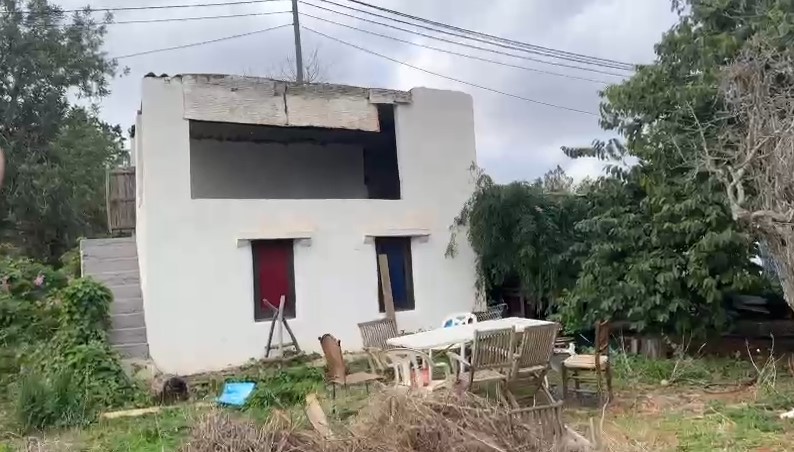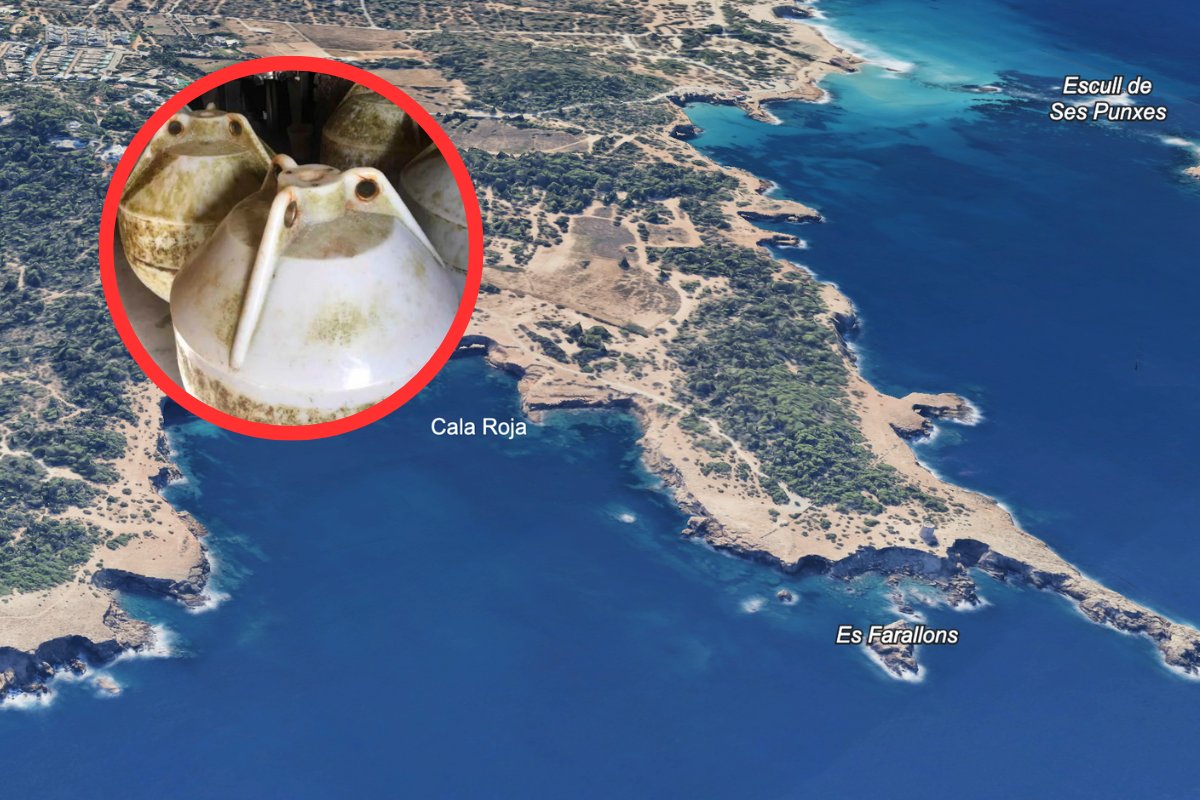The squatting phenomenon continues to generate concern in Spain, and the Balearic Islands is no exception. According to the latest data provided by the General Council of the Judiciary (CGPJ) to the portal Idealista, the average time to evict a squatter in the country has reached record levels, standing at almost two years in court. This situation, a reflection of a saturated judicial system and the growing incidence of these cases, highlights the differences between autonomous communities in terms of the agility of the processes.
Deadlines in the Balearic Islands
In the Balearic Islands, the average time to resolve a squatting case is approximately 18 months. This places the region in a middle ground within the national panorama. However, the length of proceedings varies significantly depending on whether the owner opts for a criminal or civil route, the latter being generally slower.
The increase in squatting in the community has led to an increase in the workload of the courts. Experts agree that this delay in evictions encourages the proliferation of these cases, as squatters take advantage of legal loopholes and prolonged procedural times.
The national record and the comparison with the Balearic Islands
In Spain, communities such as Catalonia and Madrid record the longest times, exceeding 24 months in many cases. In contrast, in regions such as La Rioja and Cantabria, processes are usually resolved in less than a year. According to Idealista, this disparity reflects not only the number of cases, but also the priorities of local authorities and the operational capacity of the courts.
Why squatting is on the rise
The increase in squatting is due to a combination of factors, including the economic crisis, the lack of access to housing and the slowness of judicial resolutions. In addition, fear of reprisals or lack of knowledge of legal procedures has led many owners to prefer not to report these cases.
The impact on homeowners and communities
Squatting not only affects the owners, who see their rights violated, but also the neighboring communities, which often have to deal with situations of insecurity and deterioration of the environment. In the Balearic Islands, this is aggravated by the high demand for housing and the high prices of the real estate market, which makes each squatted property a more critical problem. Faced with this situation, the authorities are exploring measures to speed up judicial processes and offer more tools to homeowners to recover their homes. Although the road to a definitive solution seems a long way off, growing social concern could drive legislative and judicial changes in the coming years.










